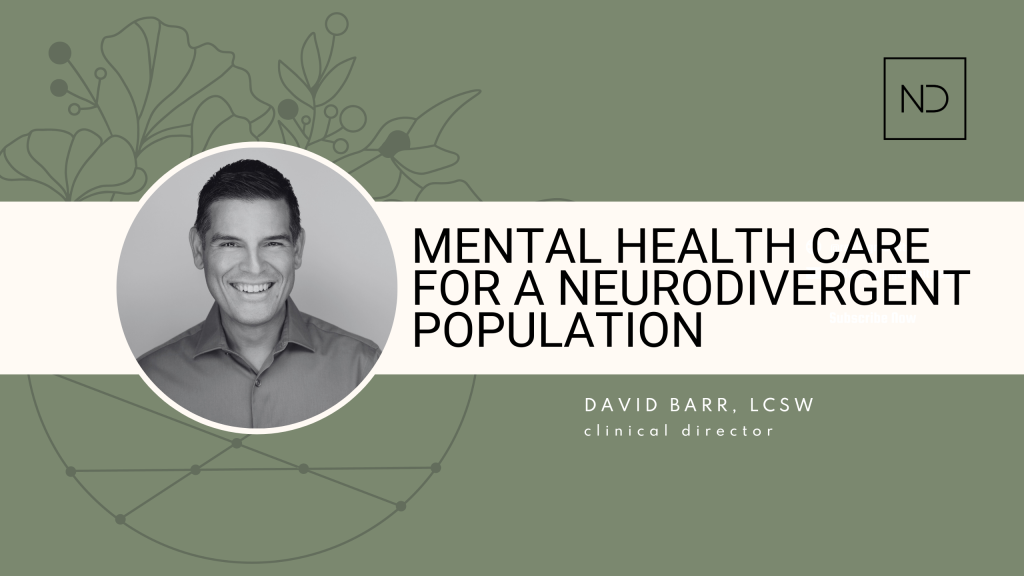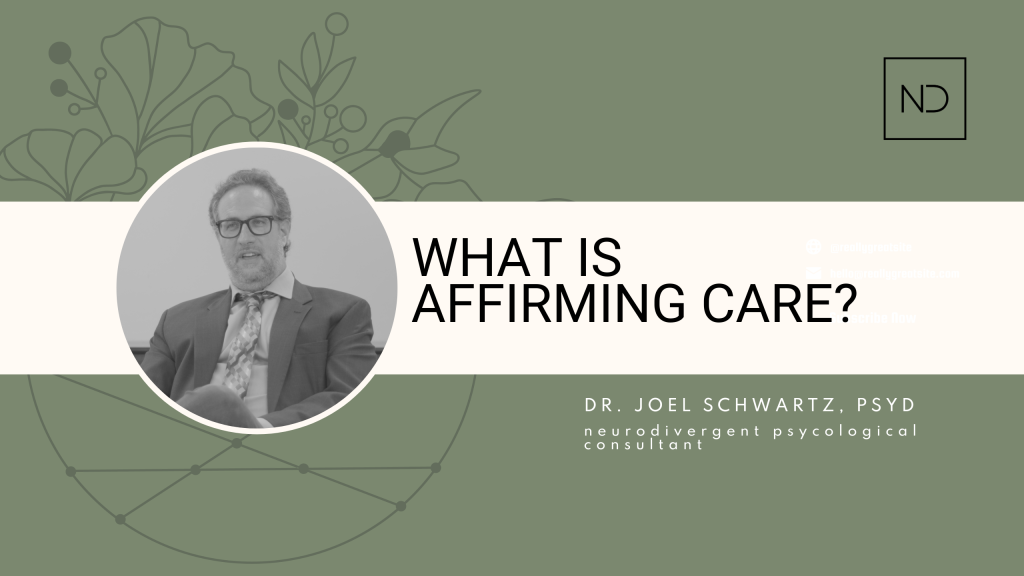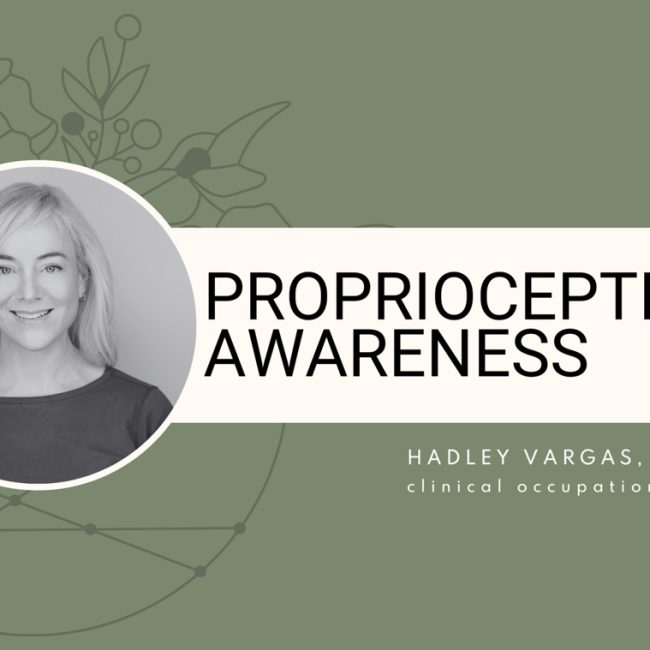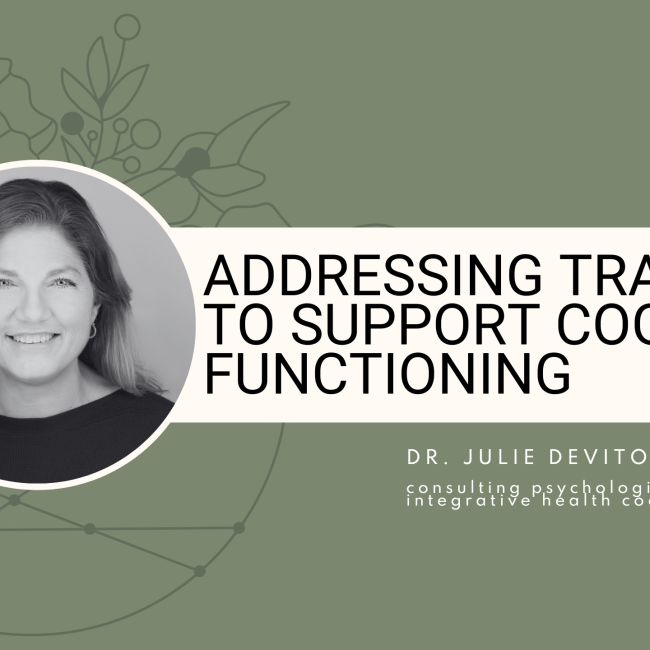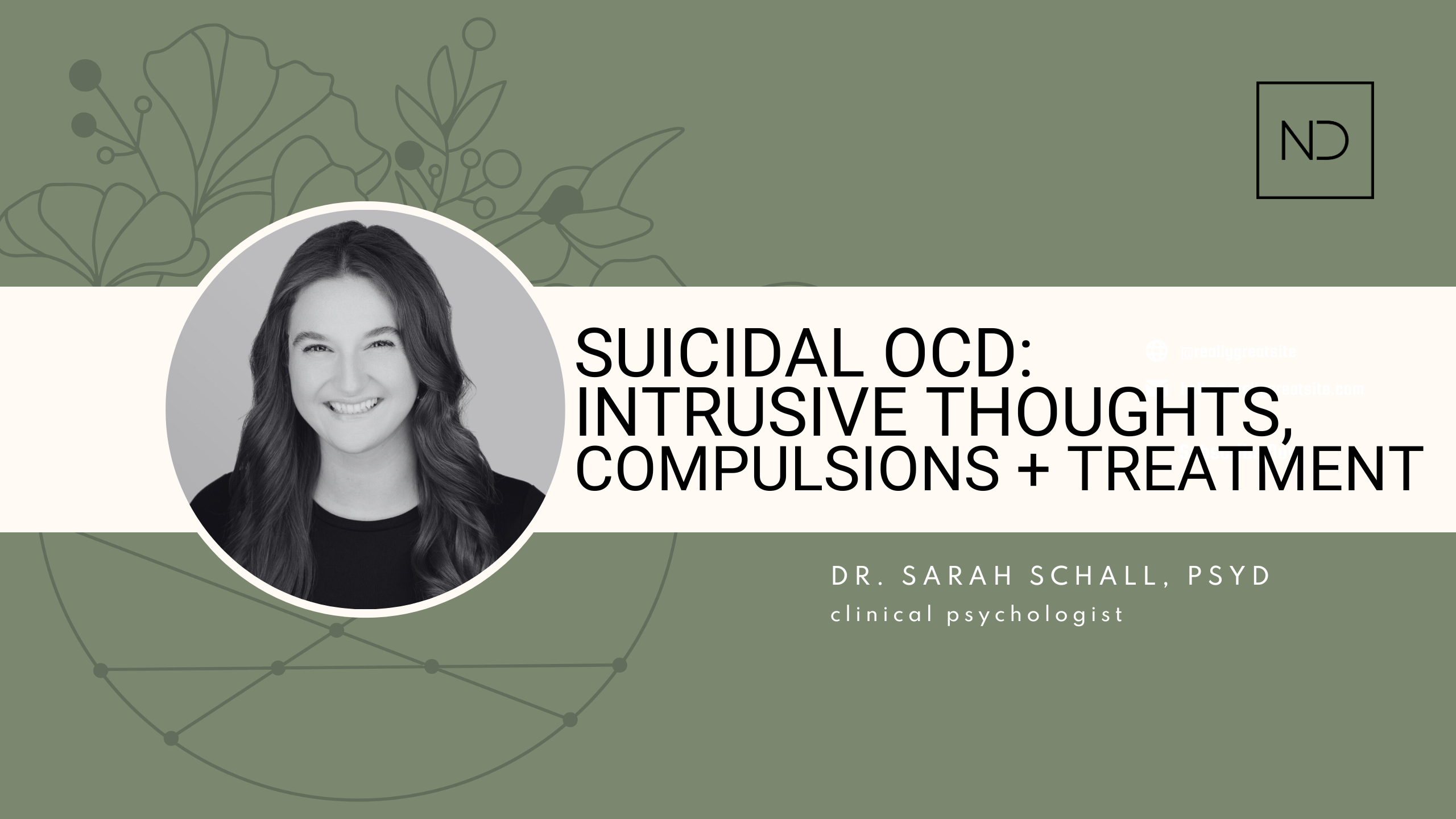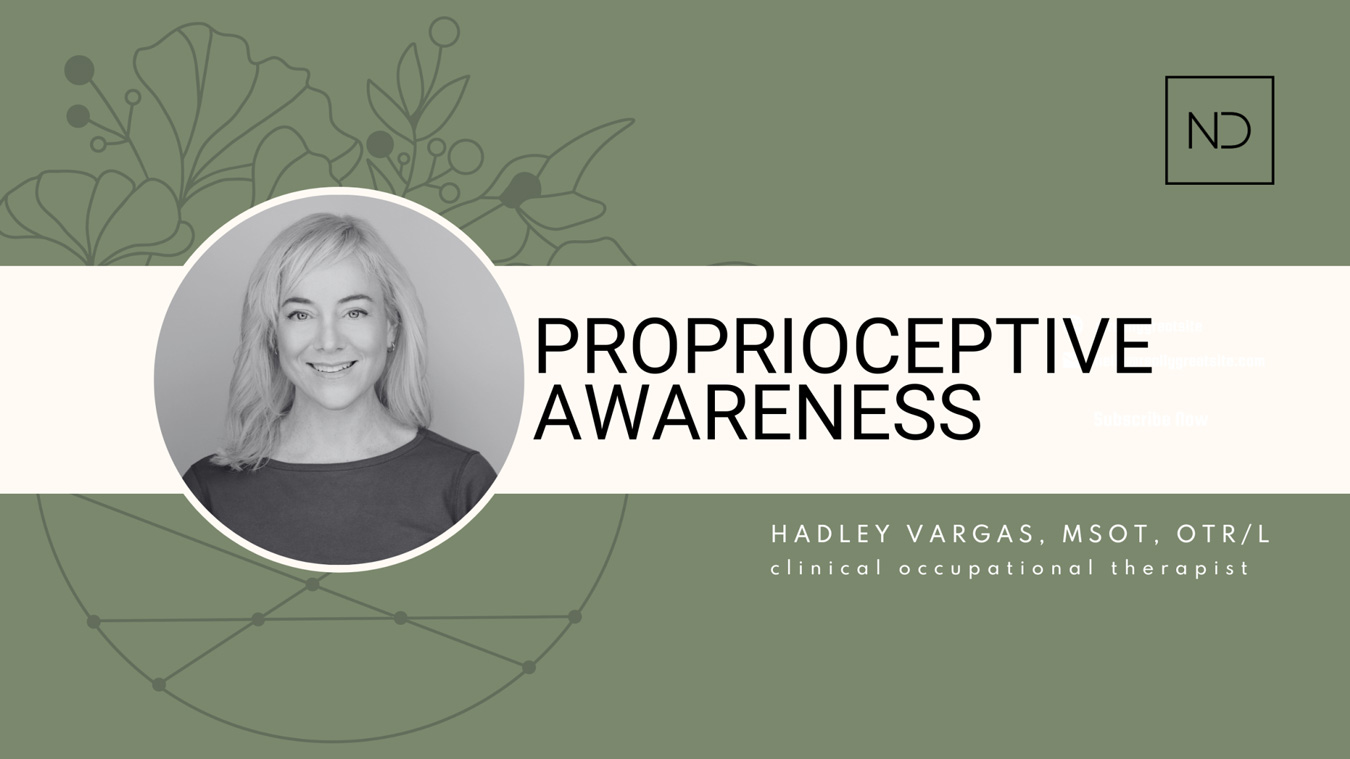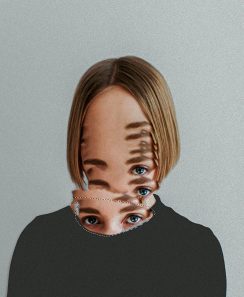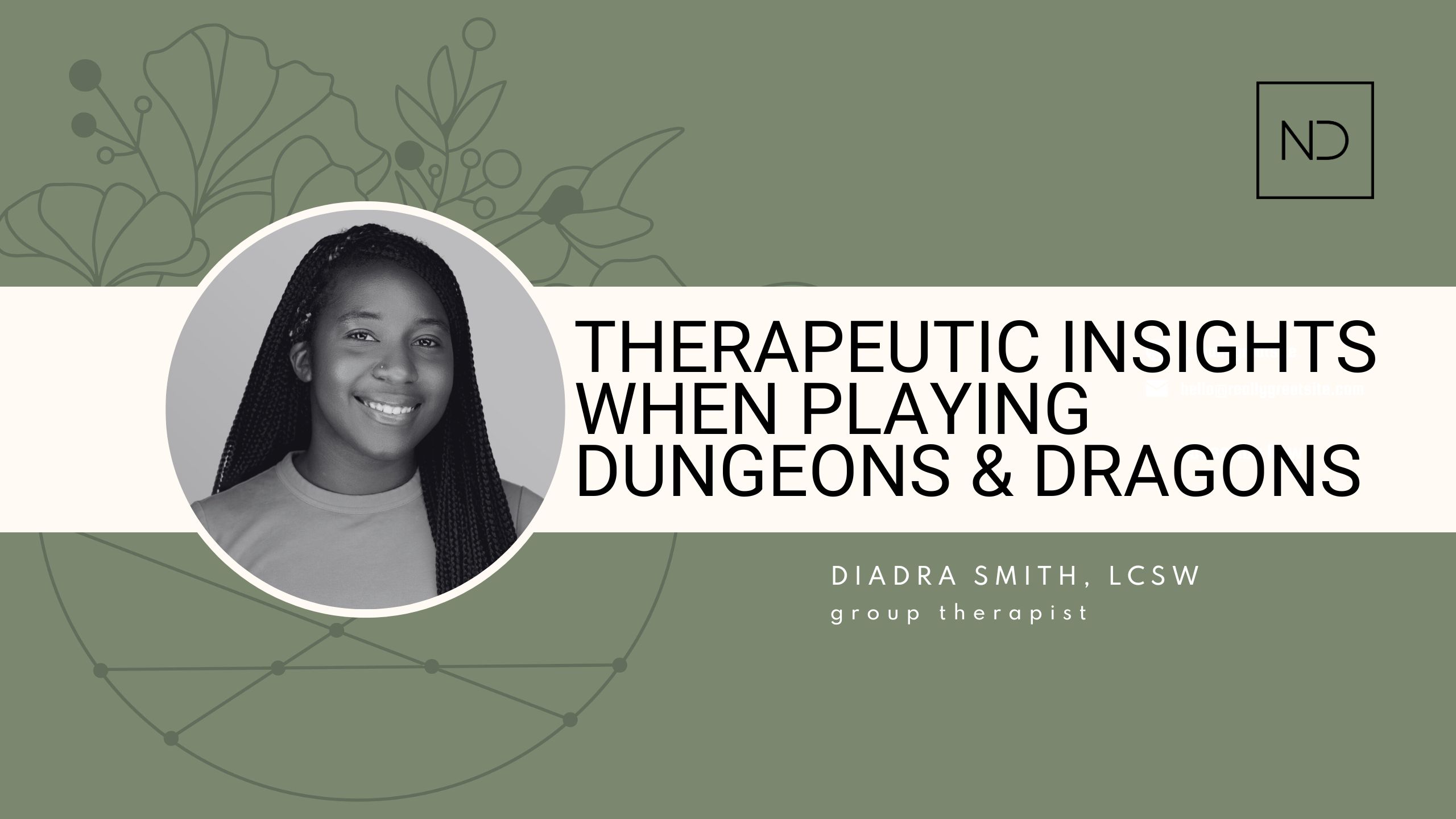
therapeutic insights when playing dungeons & dragons
Group Therapist, Diadra Smith, LCSW shares the therapeutic value of playing Dungeons & Dragons with neurodivergent clients. Click the video above for the full interview.
INTERVIEW
Filmed with Diadra Smith, LCSW | Group Therapist
HOW DO YOU SEE DUNGEONS & DRAGONS AS A THERAPEUTIC TOOL?
So with characters in Dungeons & Dragons, I imagine that, like I’m always interested to see what kind of race class that they’re trying to pick in D&D. Like, why’d you pick an elf? Like why’d you pick a dwarf? What is that going to say about you when you, you know, as you move about with this character. What are the challenges they’re going to have in a group with like, you know, maybe an Orc. What is it gonna mean when like you guys have a battle and let’s say like your wisdom’s higher or your strength is lower, you know, those sorts of things. Some of it, with some of these campaigns, it gets set like what your strength’s gonna be, what your wisdom’s gonna be, your charisma’s gonna be, stuff like that. And I think that also helps too to kind of get into character of like, okay, so what do I know about someone with more charisma? What do I know? Like what’s my idea of someone who has more physical strength? Just those sorts of things kind of helps to associate like, okay, so there’s some themes here. Like, is this person threatening just because they’re more physically strong? Does that mean they’re not smart? Like, what do you know about that? And how does that relate to why you identify with that one more than this one? So it’s very interesting. I feel like there’s a lot of different layers that come with it. And also too, like even just doing the adventure, like obviously there’s a preset things, but when you go through doing the adventure of being in a campaign with other people and going on this journey and doing all these conflicts, you learn so much about what it is to be this character going through these challenges with this, with these people. And then what happens when they come out on the other side? Do you want to continue with this character and another play through? Or like, are you done? Like, it’s all of these things like kind of play into it. And I always find it so interesting.
Do you have a question?
Send us a message


